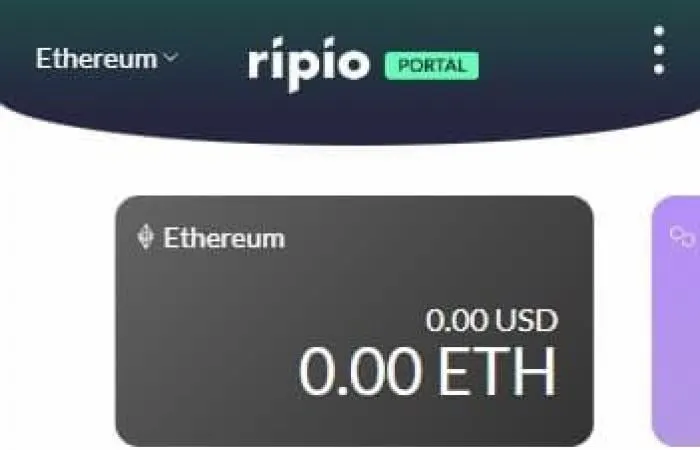What doesn’t kill you makes you stronger. As the crypto winter hits hard, some crypto businesses are focused on merely surviving, but others are working hard on growing.
The Latin American exchange Ripio says it’s expanding its business and increasing interaction with cryptocurrency enthusiasts—both beginners and experts.
To that end, it’s focused on various initiatives, including the launch of a book, a Web3 and metaverse wallet, as well as its own sidechain: Ripio Chain.
Ripio is one of the most important cryptocurrency platforms in the LatAm region. Founded in Argentina in 2013, the exchange has grown to serve over 3 million users across Argentina, Brazil, Colombia, Mexico, and Uruguay—and soon Spain.
‘Quickly access the metaverse’
During a conference held at the Konex Cultural Center in Argentina, Ripio CBO Juan Jose Mendez revealed that the company was working on making it easier for users to trade cryptocurrencies and tokens associated with the metaverse and other Web3 applications.
A new Web3 wallet “adds to Ripio’s wallet platform. As a tool, it allows you to quickly access the metaverse,” said Mendez, adding: “The goal of the product is to accelerate the entry into a new stage in the crypto economy, including the popular digital collectibles or NFTs, play-to-earn games, DeFi protocols, digital art markets, and others.”
The wallet will have multi-chain functionality—supporting multiple chains natively—and work as a web browser extension, and it will co-manage private keys to prevent mishaps in case a user loses control or knowledge of their keys.

Ripio’s “Portal” wallet is already in closed beta for users in Argentina.
Ripio Chain
During the Ethereum-focused ETH Barcelona event, Sebastian Serrano, CEO and co-founder of Ripio, explained that the growth of the exchange also had led his team to work on developing a solution to facilitate internal transactions and promote growth of the Ripio ecosystem.
To do so, Serrano announced that they were working on Ripio Chain, an Ethereum sidechain.
“It will be a sidechain,” Serrano said. “We already have a testnet live—it’s based on Polygon technology.”
Serrano didn’t delve into details, but did say that it initially will use a proof-of-authority consensus algorithm (where transactions are validated by authorized accounts) and will revolve around the platform’s native token. Later, it likely will move to a proof-of-stake algorithm (where transactions are validated by those who have funds locked in staking) for greater efficiency.
In addition, Ripio will be publishing a book with educational content to introduce beginners to the cryptocurrency ecosystem, and the company is promoting several important events, such as the “Chamada Ripio” contest that took place during the BIG Festival gaming festival held July 7 to July 8 in Brazil.

